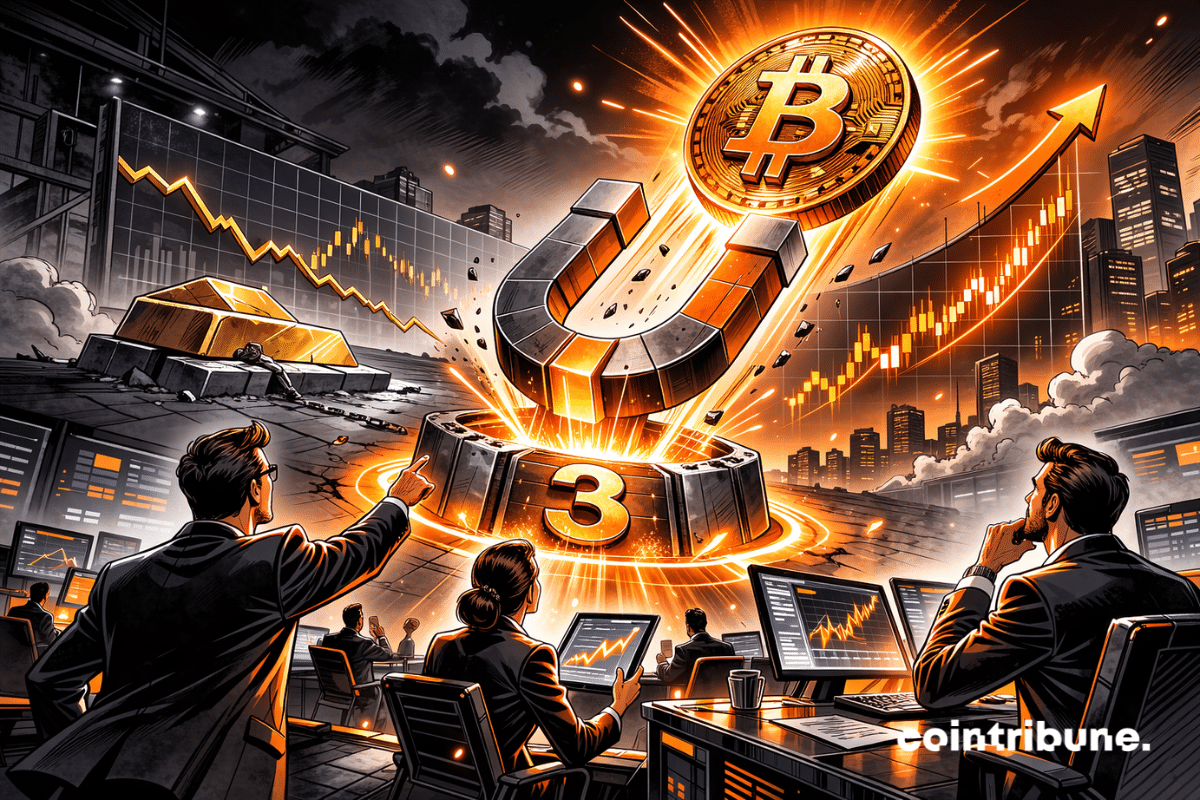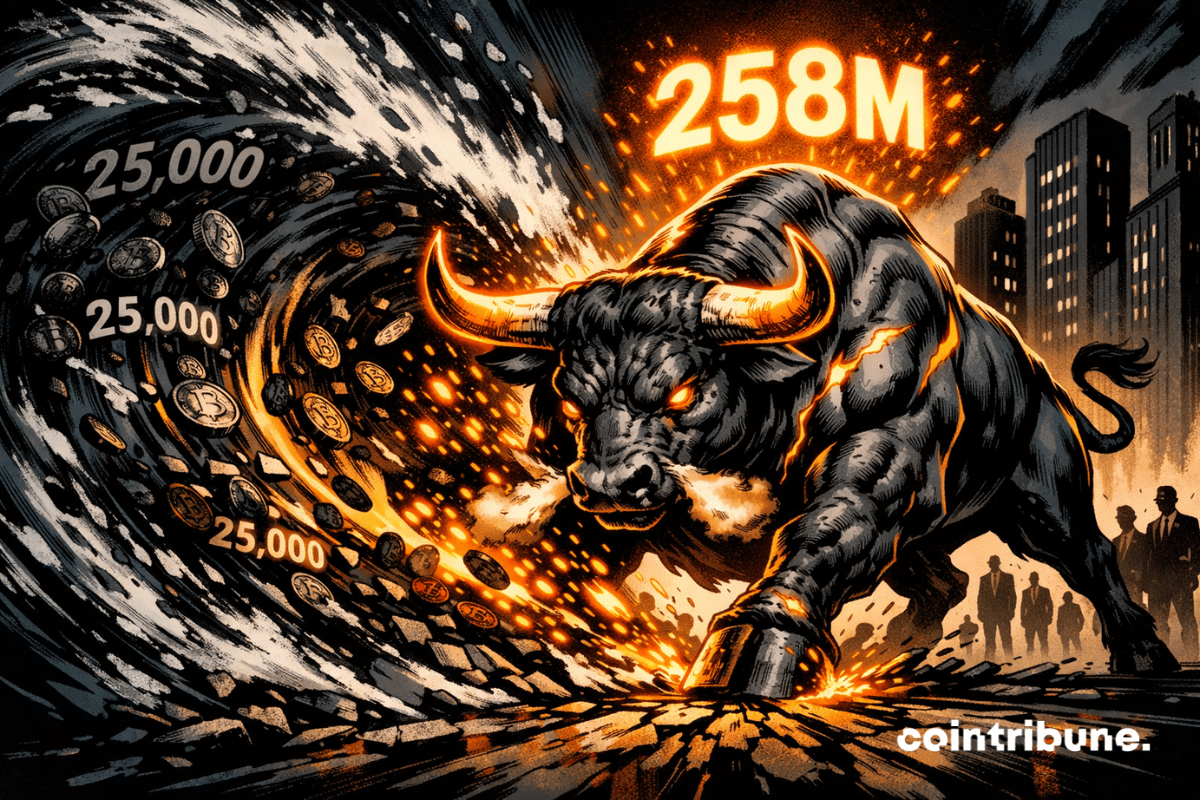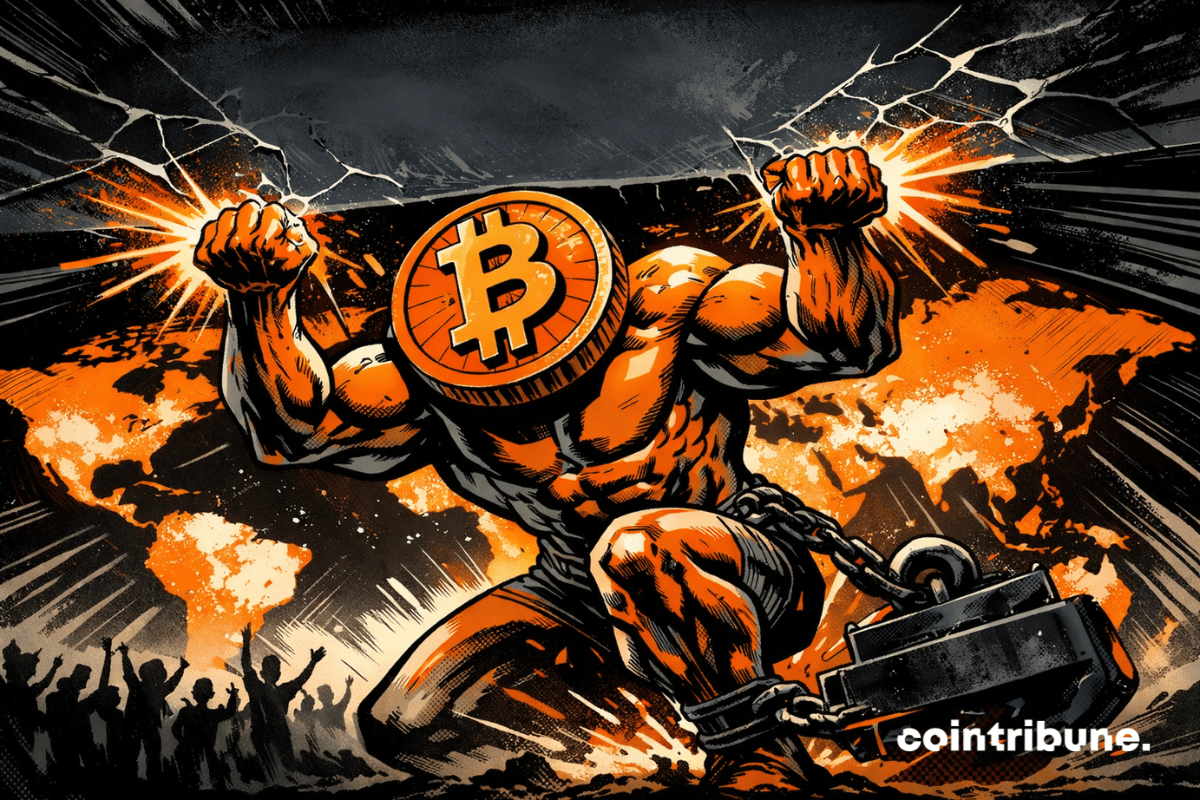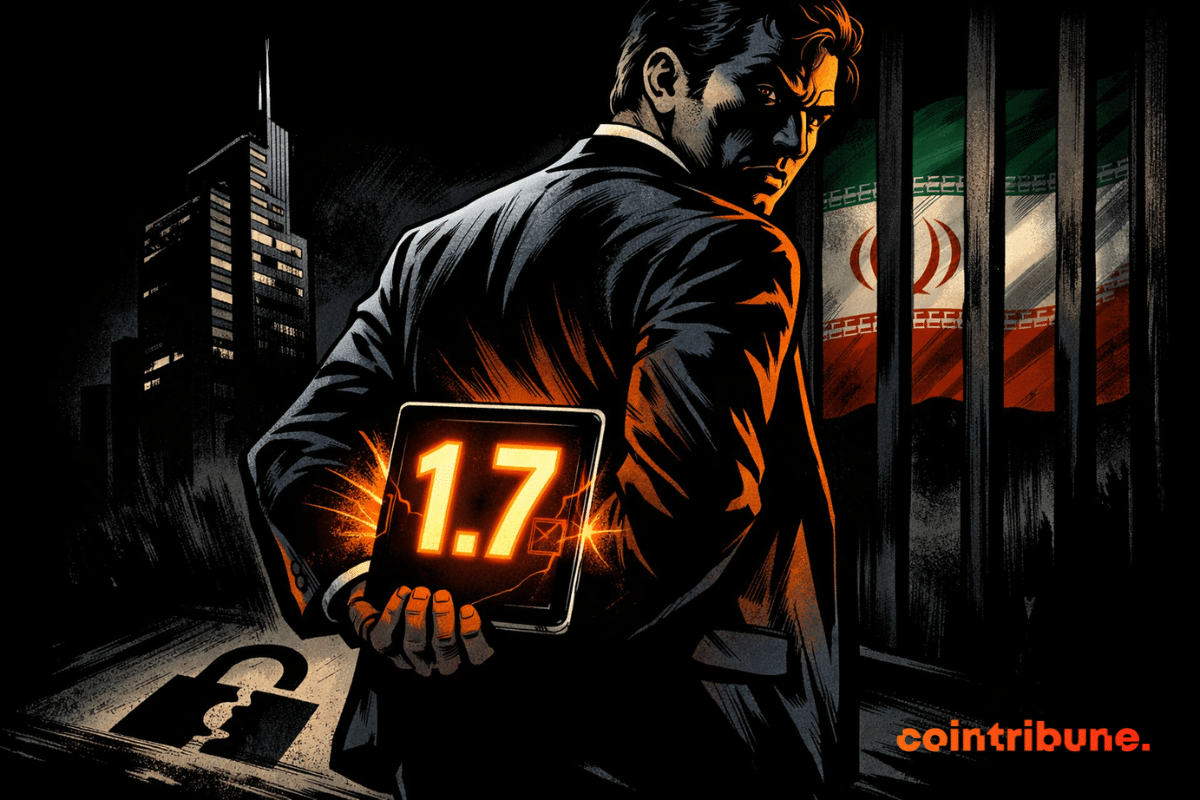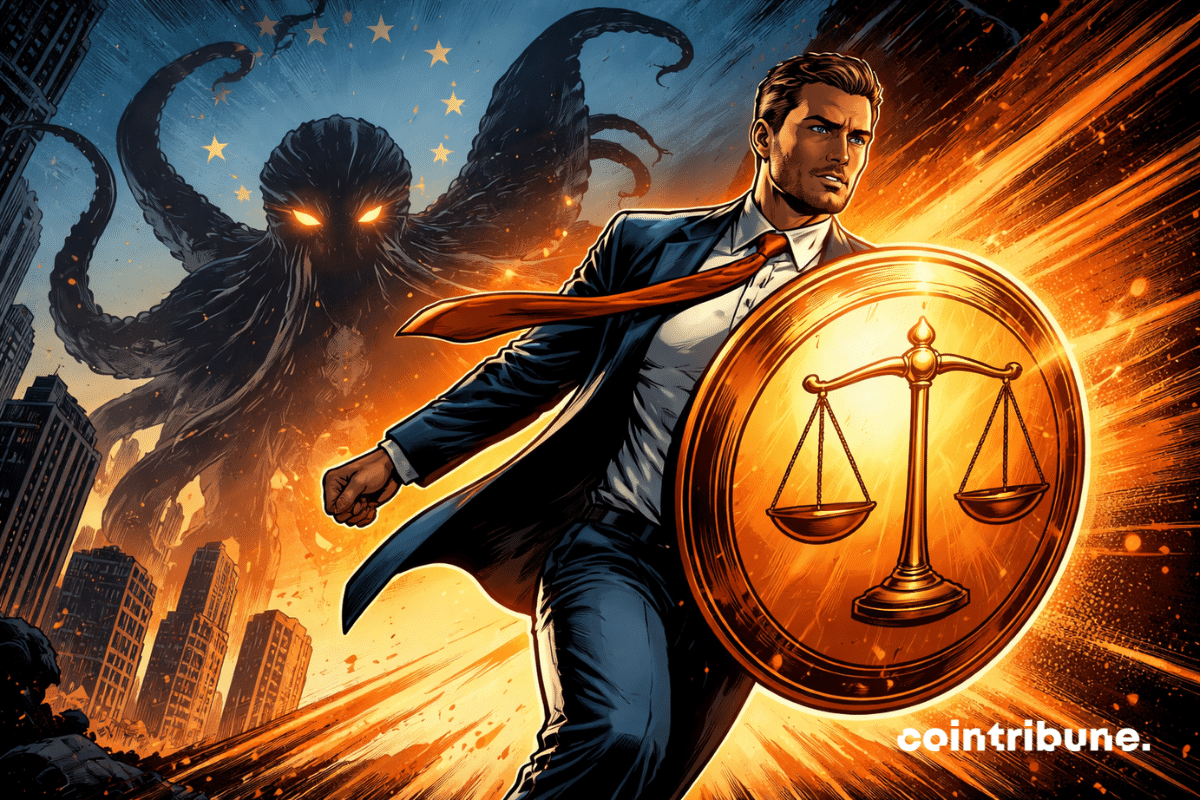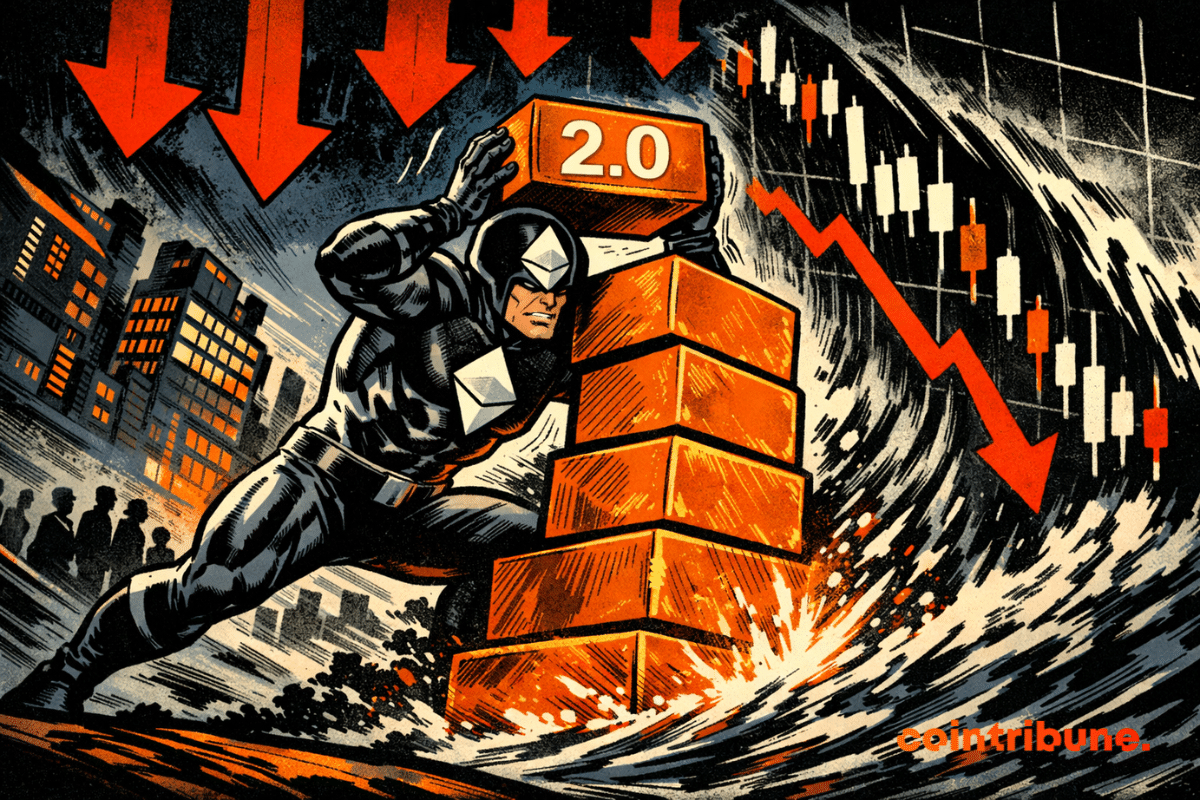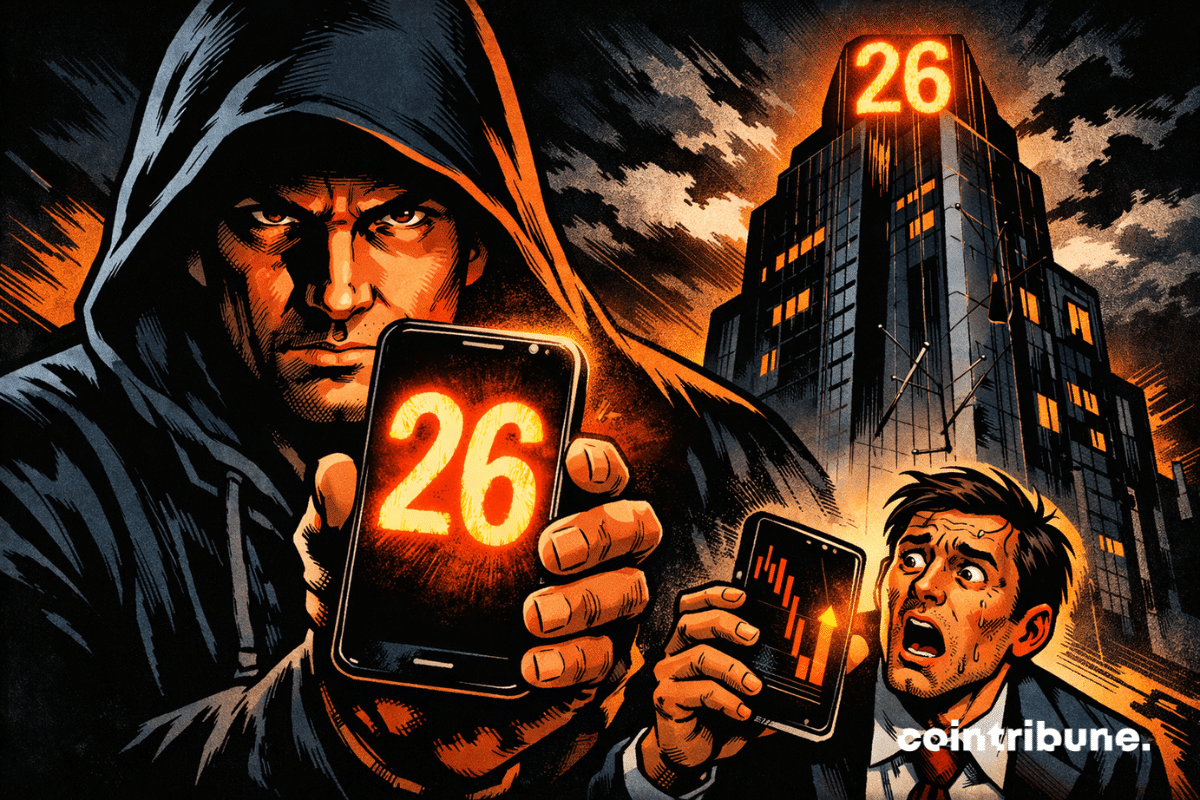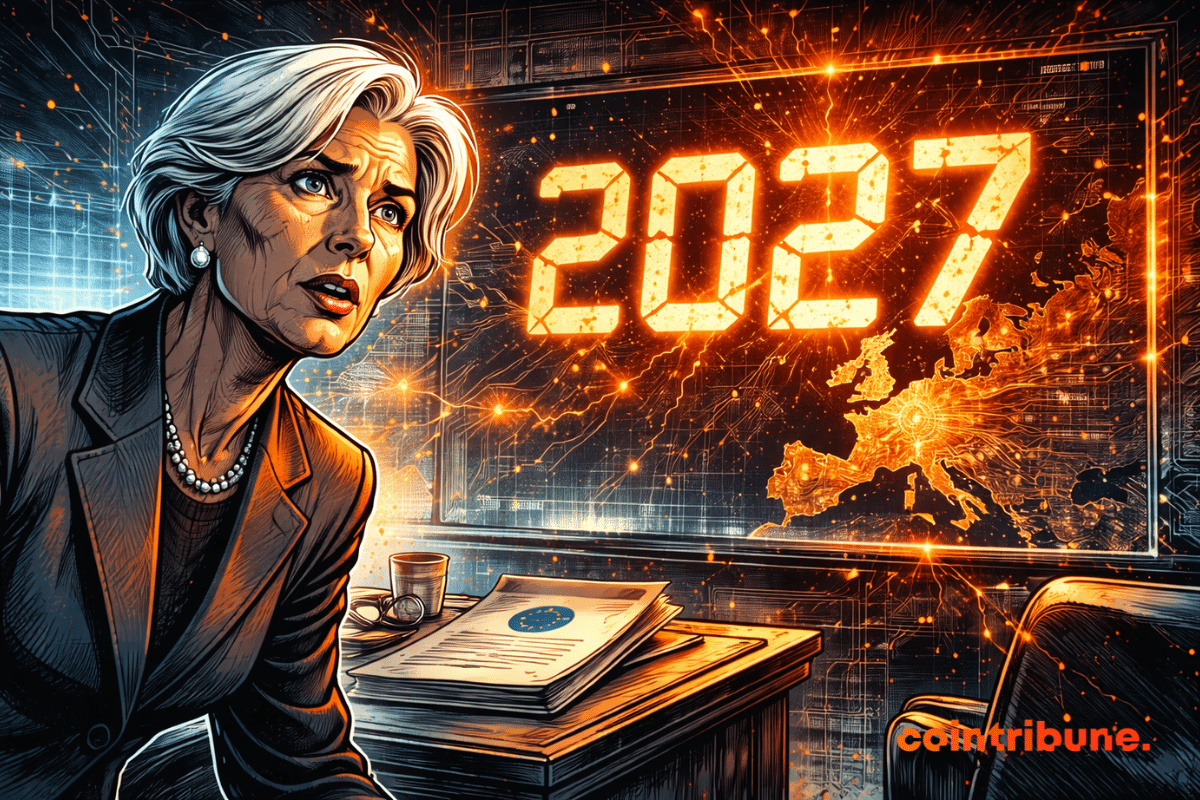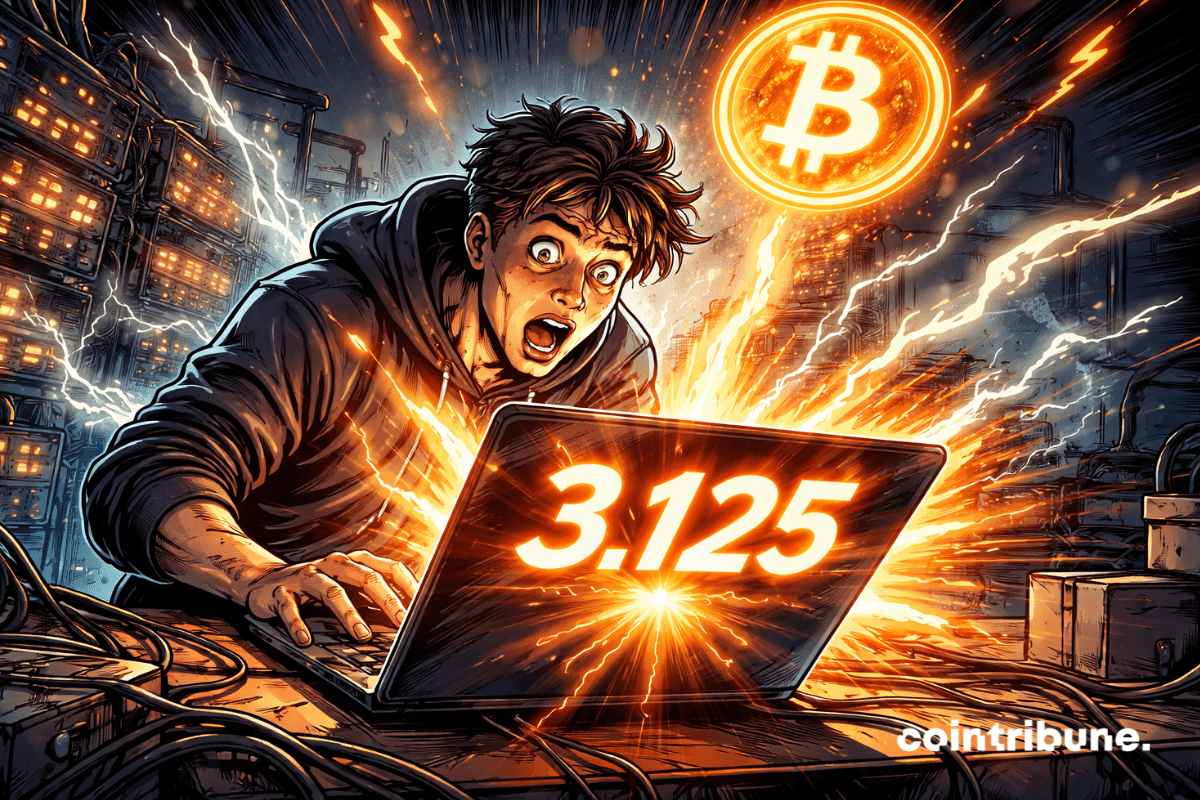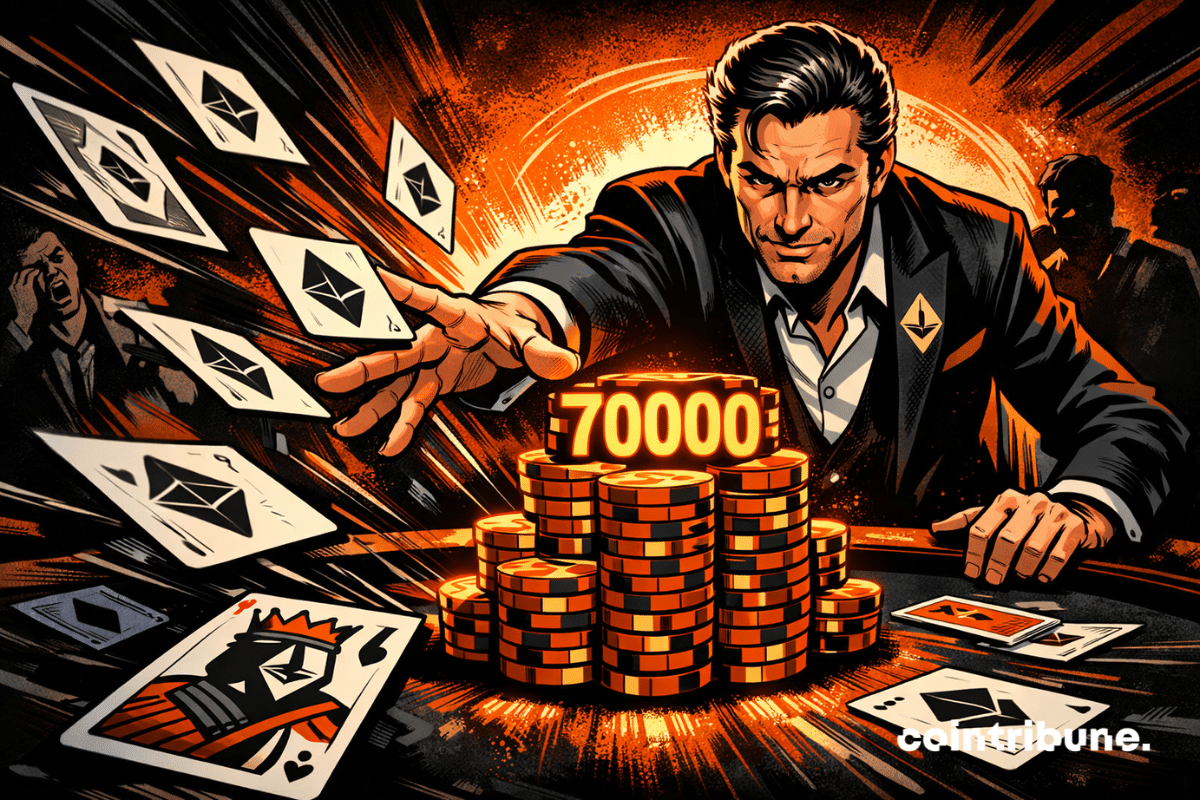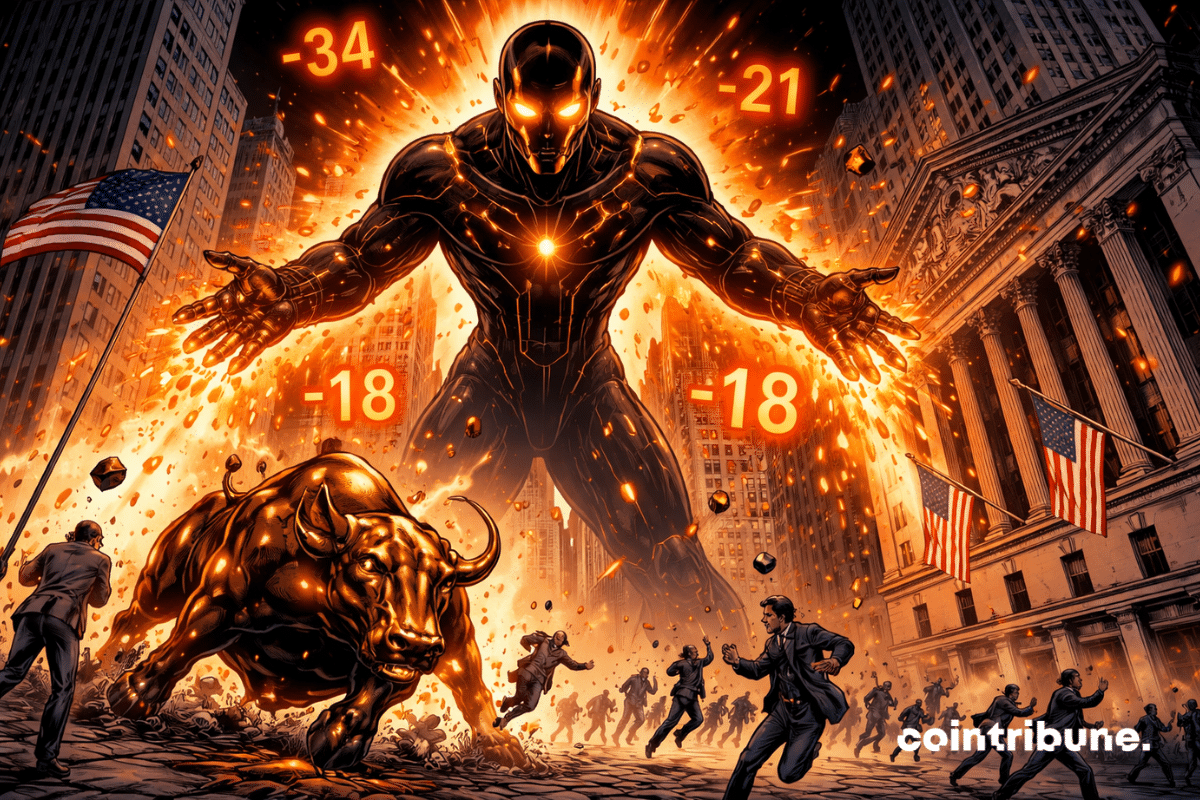Bitcoin regains momentum at the very moment its traditional benchmarks falter. Rising about 3% to approach $66,000, the crypto moves counter to a correlation with gold and stocks that has fallen to historically low levels. This unexpected decoupling draws analysts' attention, who see it as a potentially decisive signal. Is it just a technical rebound or the beginnings of a larger movement? The market wonders.
News
Crypto News
ETFs revive bitcoin with $258M inflows. Are institutional investors preparing the next move? Analysis.
Bitcoin shows bold strength in adoption. Institutions, banks, states, merchants, everyone is getting into BTC. Yet, its price remains 50% below its all-time high. A troubling dichotomy that raises an essential question: is the market underestimating what is really happening?
Exchange News
Finance News
Remember Libra, Zuckerberg's baby strangled by regulators. Five years later, daddy is back. But this time, he lets Stripe hold the bottle.
Stripe could acquire PayPal, merging technological innovation and a massive user base to establish itself as a key player in digital payments and cryptocurrencies.
The Ethereum Foundation has stepped up its involvement in decentralized finance, committing new resources to its DeFipunk initiative even as ETH trades under pressure. The move comes at a time when Ethereum’s price structure remains weak, with sellers in control across several timeframes. While market sentiment leans bearish, the foundation appears focused on shaping the long-term direction of DeFi within its ecosystem.
People News
Tech News
A solo miner used rented on-demand hashrate to mine a rare Bitcoin block, earning 3.125 BTC worth around $200,000.
The Ethereum Foundation stakes 70,000 ETH and becomes a validator. A strategic turning point that could change the balance of the Ethereum market.
Is artificial intelligence devouring the tech industry from the inside? The discreet launch of a tool by Anthropic was enough to cause billions of dollars in stock market losses. And this may just be the beginning.
